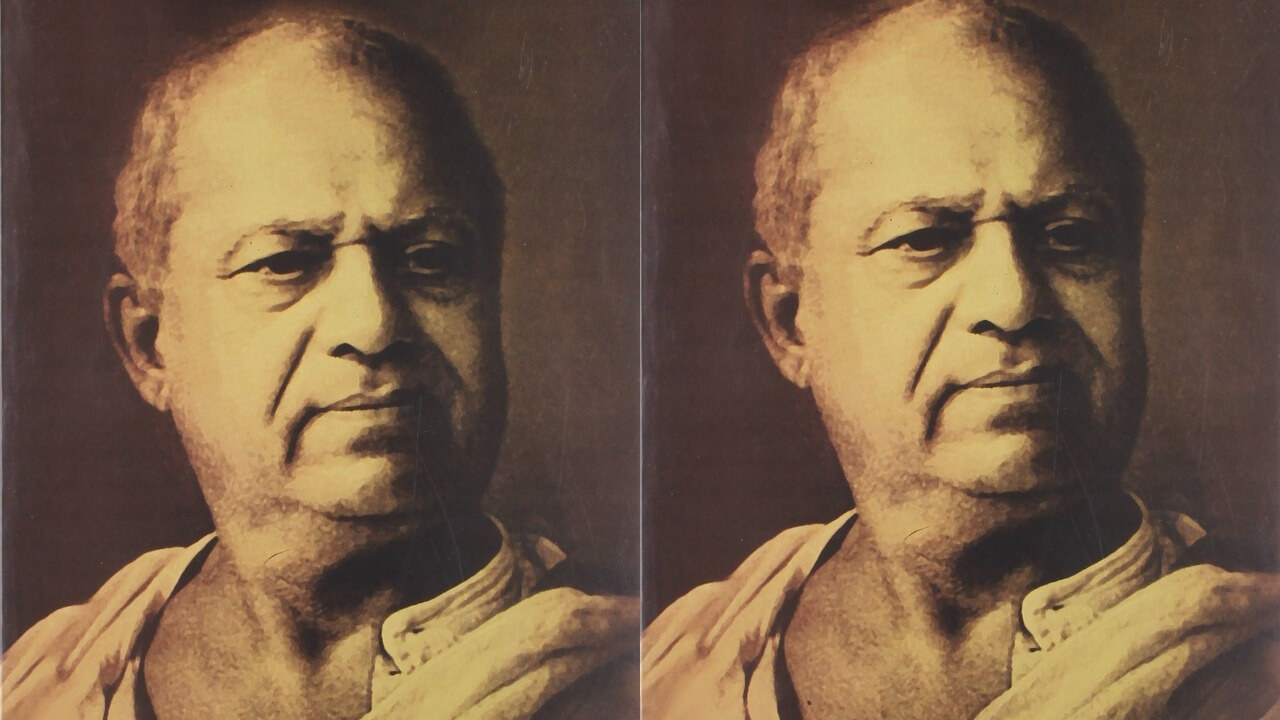If Dadasaheb Phalke had not made Raja Harishchandra in 1913, filmmaker Paresh Mokashi would not have made that beautiful film Harishchandrachi Factory on Dadasaheb’s struggle to make India’s first film.
Come to think of it , Mokashi’s struggle to make Harishchandrachi Factory was as long and exhausting. Mokshi completed his film in 2005 but had to wait until 2008 until he could release it.
Writer-director Paresh Mokashi’s tender-sweet film about the founding-father of Indian cinema Dadasaheb’s Phalke’s struggle to make the first feature film in this country is not short of a miracle. It alchemizes the pain hurt humiliation and compromises of a struggling artiste into something extraordinarily funny satirical and self-mocking.
While retaining the inherent warmth sensitivity and dignity of the protagonist’s uphill task of proving to his family friends and neighbours that Phalke is no lunatic, the film chronicles the early years in the long and chequered history of cinema in India with a crisp and curvaceous comprehensiveness.
Making a life, so consumed by a new art- form interesting and compelling could not be an easy task. Mokashi’s Phalke could easily have become a portrait of an obstinate and obsessive man who thought the moving images on screen could actually add up to make some collective sense.
Director Paresh Mokashi spends a substantial amount of playing-time looking at Phalke’s domestic life. The easy and affable atmosphere in the pioneering filmmaker’s home explains why and how the audacious genius was able to do what he did. Phalke’s relationship with his children is that of a progressive pally father at a time when the cane did all the talking with children. Only a man who treats his family as his allies could dare to venture into an unknown vocation like filmmaking.
It’s the cine- man’s relationship with his spunky wife Saraswati (played with uninhibited starkness and gusto by Vaibhavari Deshpande) that gives to the biopic the distinctive colour of a love story. Phalke’s wife is shown to be supremely supportive of her husband’s outrageous experimentation with moving pictures. She willingly if not gladly pawns her jewellery, furniture and finally home and sits on his editing when he makes his film while he attempts some seriously clumsy cooking.
Truly a feminist before the term was invented; Saraswati Phalke’s boding with her husband is the fulcrum of the narrative.
The director recreates the era (1914) not through an extravagance of extraneous props and piles of in-your-face periodicity, but with understated nuances and gestures. Sights and sounds suggest an indelible link between Phalke’s obsession for cinema with the progressive and liberal middleclass Marathi milieu.
Interestingly Phalke as portrayed by an amazingly accomplished theatre actor Nandu Madhav, is often captured in the mood that Charlie Chaplin patented. Director Mokashi lets Madhav be. The actor interprets Phalke in a spirit of freewheeling spontaneity. Madhav’s Phalke is a driven and passionate soul consumed by the thought of making a feature film but able to see the amusing picture he portrays to those around him through his single-minded determination to make a film on Raja Harishchandra’s journey from royalty to penury.
Phalke’s own journey did not quite take him to the dog house. This film finds with enormous hope and inspiration in a life that defined Indian cinema. Paresh Mokashi scatters Phalke’s journey from a wannabe dreamer to a trained London-returned filmmaker with dollops of comic-strip witticism and wisdom.
The well-known search for a heroine to play Harishchandra’s wife is here detailed in savagely satirical sequences.Eventually we see Phalke’s whole house turned into a theatre of the absurd with wannabe actors rehearsing their lines in every nook and cranny.
Harishchandrachi Factory is in Marathi. It could be in any language or no spoken language at all and it would be just as warm funny and welcoming. This film does to the father of Indian cinema what Richard Attenborough’s epic did to the father of the nation. The film humanizes the mythic figure without peeling away the layers of luminous inner life that always defines extraordinary lives.


